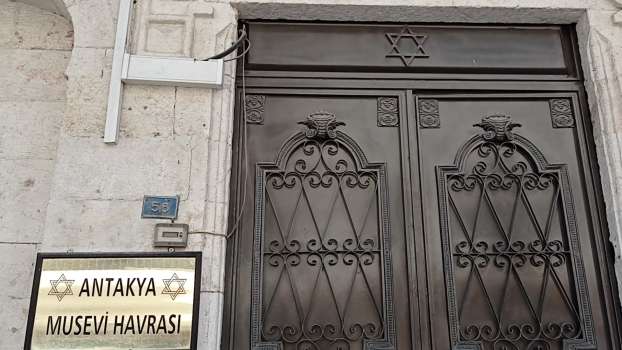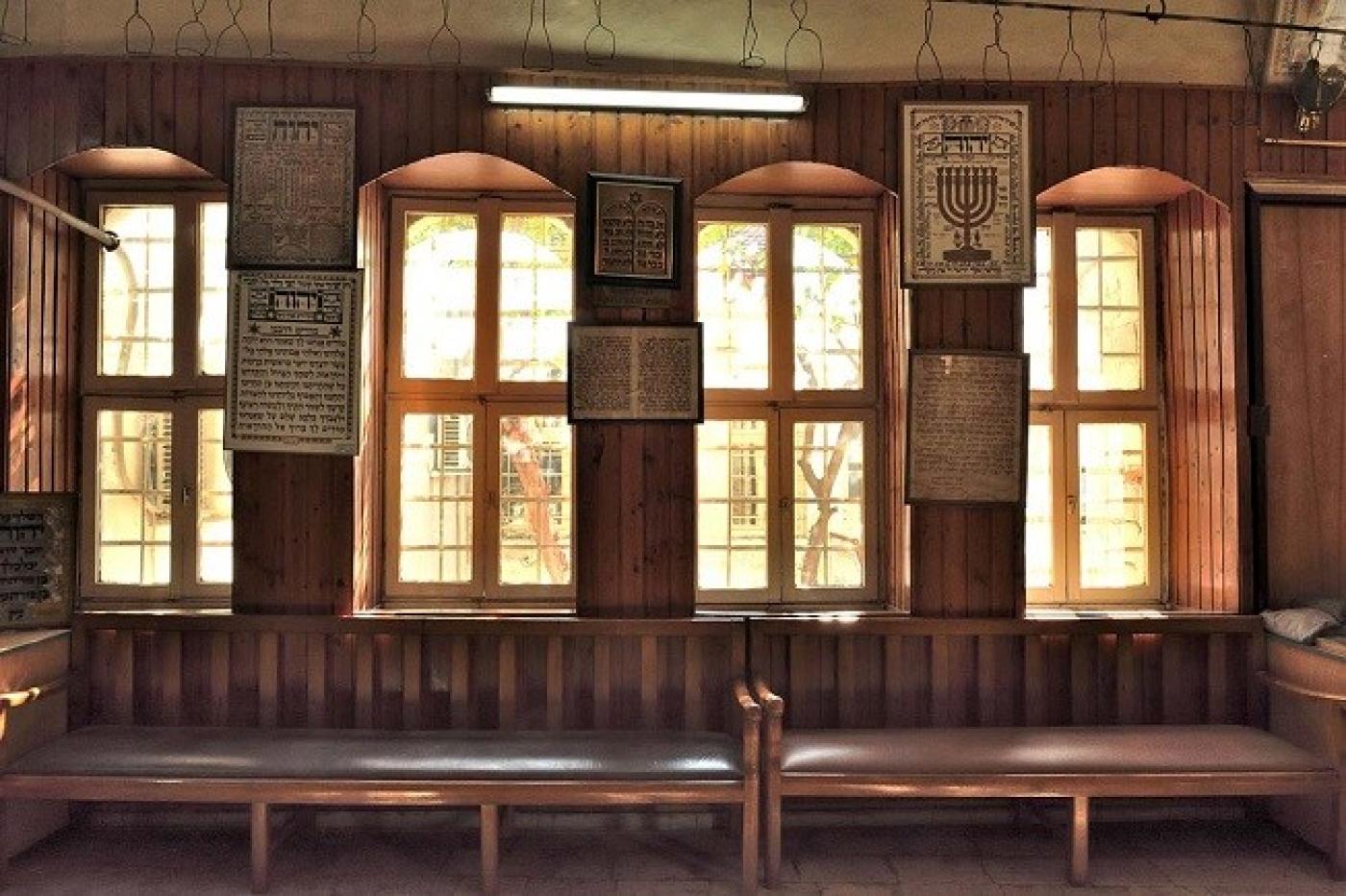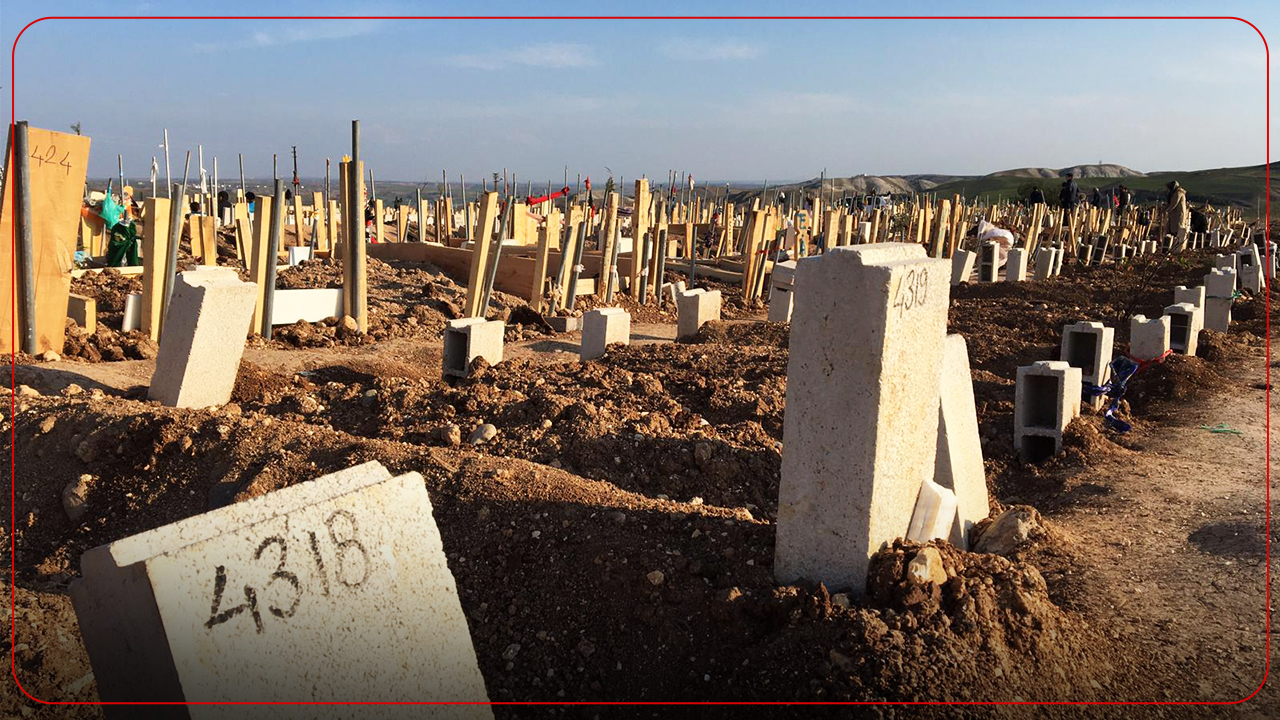Matt Broomfield
Anyone familiar with the New Testament will recognize the name of Antioch. This storied city, known to some as “the cradle of Christianity”, was once the most important metropolis in the Roman Empire save only Alexandria and the imperial city itself. By the end of the 15th century, the city was all but abandoned – but its name and cosmopolitan legacy lives on in the city built on the ruins, now known as Antakya. The modern city, the capital of Turkey’s Hatay province, is home to both an irreplaceable religious heritage, and some of Turkey’s most venerable and embattled minorities.
The city’s plight following the deadly earthquake which struck southern Turkey and northern Syria, and destroyed several of its historical sites in the process, serves as a microcosm of the trials endured by Turkey’s religious and ethnic minorities during decades of marginalization, persecution and discrimination. Antioch played a pivotal role in the emergence of early Christianity, and once served as the centre of Hellenistic Judaism. But now its synagogues have fallen silent, with the leading figures in the local Jewish population – which had already dwindled below the minimum requirement for a congregation – losing their lives in the catastrophe, and some of the city’s most precious Christian sites destroyed.

Although representatives of the autocephalous Greek Orthodox Church of Antioch have issued urgent calls for repair to the Church of St. Peter – who is said to have personally participated in the conversion of Antioch – this is not merely a question of the loss of tangible cultural and historic heritage. In the aftermath of the quake, which has killed over 45,000 people in Turkey alone, Christian minority communities in Hatay are being targeted by Islamist preachers and organisations.
In reality, Greek Orthodox churches in the region have been distributing aid, running a soup kitchen that feeds 2,500 people every day, and holding their regular masses. As one of their priests told the press, “we do not discriminate among Christians, Muslims, Alevis, Sunnis, Armenians… We are just trying to tend to the people’s wounds a bit.”

These innocuous aid efforts are being painted by Islamic preachers as a “danger” to the region’s overwhelming Islamic majority, in what is a typical instance of minority populations being portrayed as a fifth column by a government which only recognizes three official minorities – the Kurds not among them – and has long relied on an ethnic chauvinism bolstered by Islamist prejudice to strengthen its grip on power.
In recent years, Turkish authorities have targeted the Greek Orthodox church by shuttering seminaries and obstructing efforts to train their clergy. The US State Department identifies “difficulties opening or operating houses of worship; resolving land and property disputes and legal challenges of churches whose lands the government previously expropriated; holding governing board elections for their religious foundations; and obtaining exemptions from mandatory religion classes in schools,” as challenges faced by Orthodox and other religious minorities. Places of worship have been converted into mosques, most notably the Hagia Sofia in Istanbul, in a move which sparked global condemnation.

These efforts to deny religious identity have doubtless contributed to the desecration of Jewish and Christian cemeteries, attacks on Christian figures like the murder of Catholic Chaldean woman Simon Diril, the institutional denial of the 20th century genocide against Armenian Christians, and the steady dwindling of Turkey’s once-vibrant minority communities under constant pressure from the Sunni Muslim majority. There is not space here to mention the cruelties and indignities endured by Turkey’s Alevi Muslim community, the country’s largest religious minority – following the earthquake, Alevi aid efforts have suffered armed attacks, while community leaders fear the natural disaster will open the way for Turkish authorities to alter the demography of Alevi-populated regions.
According to the Biblical narrative, it was at Antioch that Christ’s followers were first called ‘Christians’ – initially, let it not be forgotten, a term of abuse. The preservation of the region’s religious heritage is crucial not only as a memorial to millennia of multicultural history, but as a living testament to co-existence, plurality and tolerance.
Matt Broomfield is a freelance journalist, poet and activist. He writes for VICE, Medya News, the New Statesman and the New Arab; his prose has been published by The Mays, Anti-Heroin Chic and Plenitude; and his poetry by the National Poetry Society, the Independent, and Bare Fiction. His work was displayed across London by Poetry on the Underground, and he is a Foyle Young Poet of the Year.










